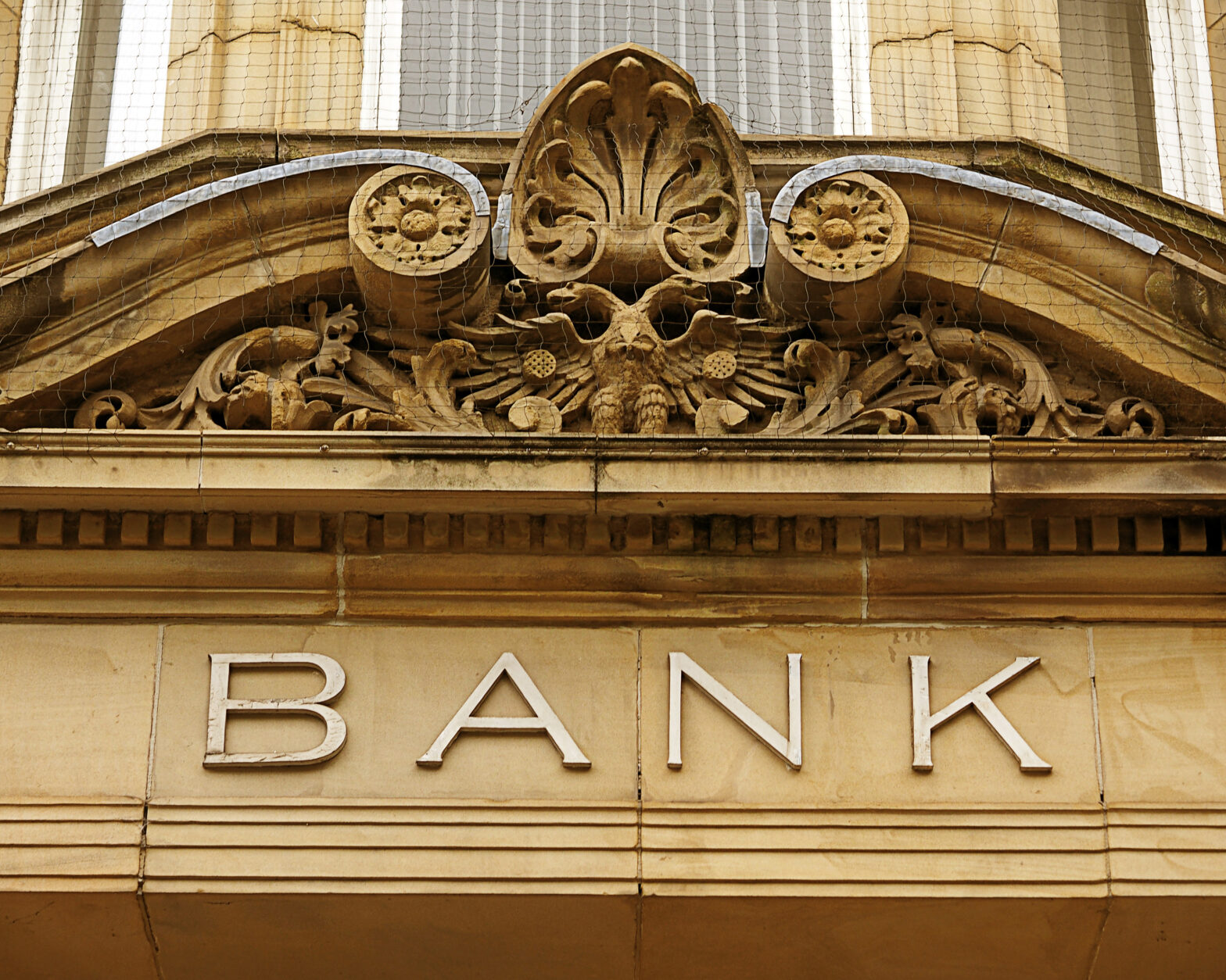EXCLUSIVE: Most coronavirus emergency business loan applications are still being rejected, despite chancellor Rishi Sunak overhauling the scheme.
Fifty-three per cent of Coronavirus Business Interruption Loan Scheme (CBILS) loan applications have been rejected, according to a survey of Small Business readers – despite the Treasury loosening the scheme on April 3.
Previously, high-street banks were following government guidance that coronavirus emergency business loans should only be offered to small businesses which would not qualify for a commercial loan.
The paradox is that banks were being asked to lend to companies they would normally turn down – and still be on the hook for the 20 per cent of the CBIL the government has not guaranteed.
Banks have long been reluctant to lend to small businesses, with just 2 per cent of lending going to SMEs, as they do not have the security banks look for.
Small Business surveyed 1,823 small businesses, 53 per cent of which said their coronavirus loan application had been rejected since April 3, when the scheme was overhauled.
The SmallBusiness.co.uk survey chimes with business secretary Alok Sharma’s own admission on Sunday that only 4,200 loans worth £800m have been awarded, despite over 300,000 enquiries.
This is a conversion rate of just 1.5 per cent.
(According to Channel 4, the number of actual applications is far smaller — just 20,000, implying that one in five loans is actually being approved.)
Yet there are 5.9m small businesses in the UK struggling to survive during the coronavirus pandemic.
The Treasury is under mounting pressure to fully underwrite emergency loans to cash-starved small businesses, following the lead of Germany and Switzerland and guarantee 100 per cent rather than 80 per cent of loans, meaning it would take on all losses if firms cannot repay the debt. It is hoped that this would speed up the approval as banks would not be exposed to any risk of default.
How the Swiss scheme works
Switzerland has made 10bn francs (£8.6bn) available to small businesses covering 10 per cent of turnover up to a ceiling of 500,000 francs (£400,000), repayable as an interest-free loan over five years.
Business owners fill out of a form with six basic questions that they submit to the bank, and the loan should be paid into a business account within 24 hours.
NatWest/RBS most active lender
Nearly three-quarters of the emergency cash reaching small businesses is being lent by Royal Bank of Scotland/NatWest.
The RBS group has approved 70 per cent or 2,500 loans through the CBILS.
RBS is understood to be the only high street bank offering CBILS loans worth below £25,000 to eligible small businesses, although Lloyds and HSBC are both working to follow suit.
Speaking on Sky’s Sophy Ridge on Sunday programme, former Bank of England governor Lord King said it was clear “something has gone wrong” with the CBILS.
Lord King said: “I am worried about it because the economy will recover quickly only if we can keep the businesses that existed and the beginning of it still functioning.
“It’s about making things happen on the ground. And I do think for example that if we find so few business loans being granted something has gone wrong.”
Banks have blamed the British Business Bank, tasked with administering the scheme, for holding things up because of putting each loan application under the microscope – something which those close to BBB reject.
“They’re not sleeping,” a member of the BBB’s board told the Sunday Times. “They have a certain amount of resource and they’re working within the cost structure they have. Trying to retrofit ideas in the middle of a crisis is a very difficult thing to do.”
On Saturday, the BBB announced that the first two fintechs, OakNorth Bank and Starling Bank, had been authorised to lend through the CBILS.
Other fintechs, including Funding Circle, Iwoca and Market Finance, which together have provided loans worth billions of pounds to small businesses, are also hoping to get approval to join the emergency loan scheme this week.
Part of the problem is how overstretched the BBB is. When the lockdown was first announced, the state business bank had just two members in its accreditation team. That has now been bolstered to 25.
Oliver Prill, CEO of business lender Tide, said: “So far, only two fintechs have been accredited by the scheme, suggesting that the British Business Bank has its prioritisation criteria wrong. The UK’s thriving fintech sector has the technology to process applications and make decisions quickly, as well as having extensive reach.”
Looking for finance? SmallBusiness.co.uk is working in partnership with trusted lenders to find the best business funding deals. Find out more here.




